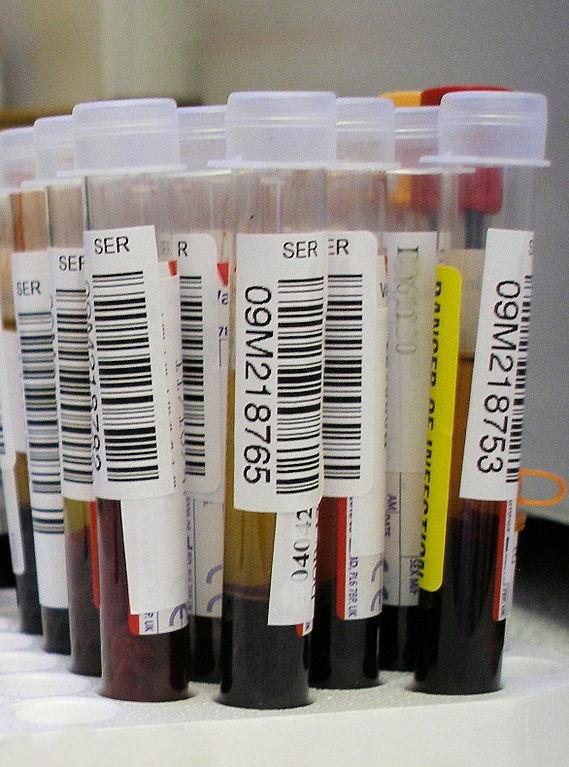The Psychiatric Genomics Consortium, a collaboration of researchers in 19 countries, analyzed the genomes of more than 61,000 people, and found that 5 major psychiatric disorders including autism and ADHD share genetic links. (CC/Graham Colm)
The Psychiatric Genomics Consortium analyzed the genomes of more than 61,000 people, including 33,000 with one of the five disorders and 28,000 without. They found four regions of the genetic code where variation was linked to all five disorders, according to the study published in The Lancet.
Of particular interest are disruptions in two genes that regulate the flow of calcium in brain cells, which affects how neurons transmit information. This alteration could be one early risk factor that leaves someone vulnerable to developing these disorders.
Autism, attention deficit-hyperactivity disorder or ADHD, bipolar disorder, major depressive disorder and schizophrenia are considered distinct disorders. "These disorders that we thought of as quite different may not have such sharp boundaries," said Dr. Jordan Smoller of Massachusetts General Hospital, one of the lead researchers for the international study.
Although the onset of psychiatric disorders is affected by multiple factors including environment, experience and trauma, these genetic markers could not only identify heightened risk but direct future treatments.
Doctors and researchers are still learning how to diagnose mental illnesses with the same precision that physical illnesses are diagnosed, said Dr. Bruce Cuthbert of the National Institute on Mental Health, which funded the research.
Nick Craddock, a professor of psychiatry at Cardiff University, added that "this is a scientific method that helps understand what is going wrong in the brain, the chemicals, the brains systems, that are important in illness."







